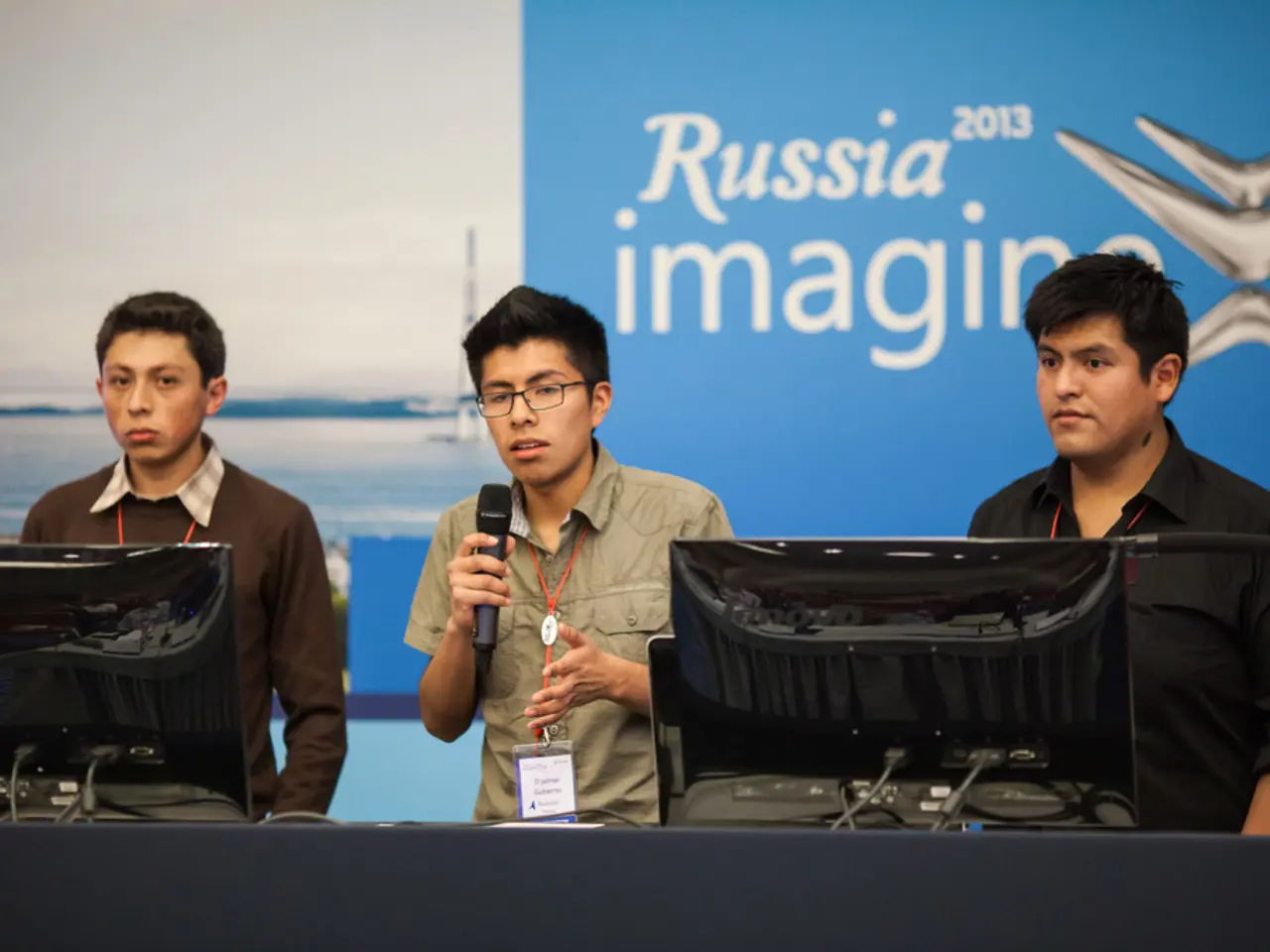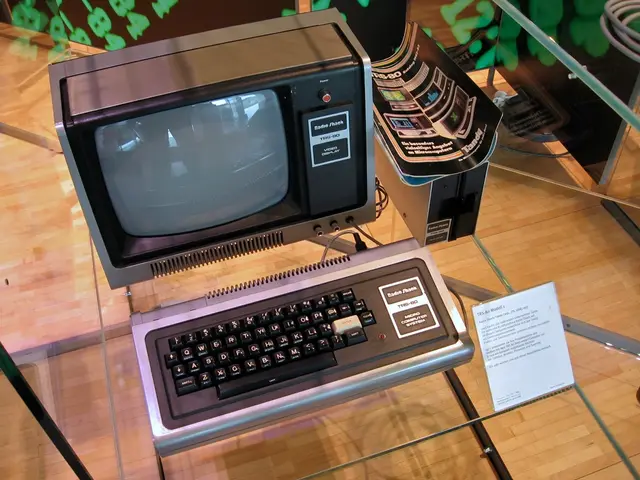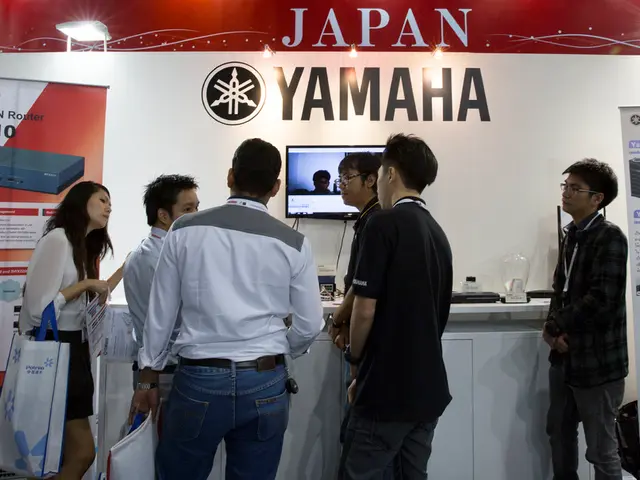Tech firms in China are prohibited from purchasing chips from Nvidia, according to new regulations.
In a recent development, the Cyberspace Administration of China has ordered tech giants like Alibaba Group Holding Ltd. (BABA) and ByteDance Ltd. to halt orders for Nvidia's AI chips, including the highly-anticipated RTX Pro 6000. This move comes amidst an antidumping investigation launched by China against certain types of semiconductors manufactured by U.S. companies.
The RTX Pro 6000, a high-end card designed specifically for the restricted Chinese market, is a powerhouse of AI processing capabilities. It boasts streaming multiprocessors, fifth-generation tensor cores, and fourth-generation RT cores, redefining performance and capacity. With 4,000 TOPS of AI performance, an RT core performance of 380 TFLOPS, and a single-precision performance of 125 TFLOPS, the RTX Pro 6000 offers speed, precision, and efficiency.
Nvidia, a dominant player in the market for chips used in the development of AI services in companies like Meta Platforms Inc. (META) and DeepSeek, is no stranger to the limelight. The RTX Pro 6000 is equipped with 96 GB of ultra-fast GDDR7 memory and features advanced technologies such as ray tracing, NVIDIA DLSS 4, and Multi-Instance GPU (MIG). It is designed for intensive computational tasks including AI, generative AI, large-scale simulations, high-end rendering, and complex engineering applications.
However, the RTX Pro 6000's journey to the Chinese market has hit a roadblock. The order to suspend testing and ordering of Nvidia Corp's RTX Pro 6000D chips is aimed at circumventing restrictions on the shipment of advanced AI chips to China. This decision follows China's ruling that Nvidia violated antitrust laws following the acquisition of Mellanox Technologies.
Meanwhile, on the diplomatic front, both countries held commercial talks over the weekend in Madrid, Spain, and President Donald Trump is scheduled to hold a telephone call with his Chinese counterpart, Xi Jinping, on Friday. The future of the Chinese TikTok platform, following an agreement reached between China and the United States on Tuesday, remains a topic of interest.
Amidst this geopolitical landscape, Nvidia continues to engage with the Trump administration about a new chip for China, which is said to be the successor to H20. The tech giant's Chinese counterparts, companies like Alibaba and Baidu, are also developing their own national alternatives to reduce their dependence on foreign chips.
As the situation evolves, the RTX Pro 6000's fate in the Chinese market remains uncertain, with geopolitical tensions and technological advancements shaping the future of AI chip manufacturing and distribution.
Read also:
- Tesla is reportedly staying away from the solid-state battery trend, as suggested by indications from CATL and Panasonic.
- Tech Conflict Continues: Episode AI - Rebuttal to the Tech Backlash
- Tech mogul Sam Altman, of OpenAI, could potentially invest in a brain-focused tech startup, aiming to challenge Elon Musk's Neuralink in the arena of neural technology. Here's what we have learned so far.
- Vietnamese AI Engineers Claim Victory in International Competition







